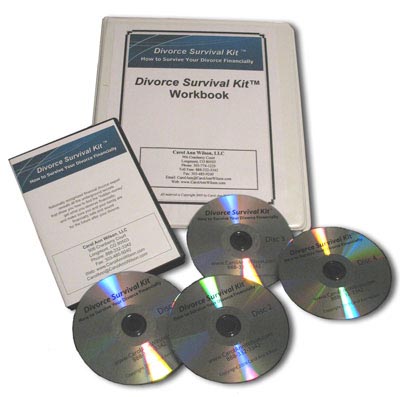According to new research from Prudential, nearly a fifth (18%) of people planning to retire in 2010 will be retiring on the State Pension and savings.
But 31% of the people surveyed in Prudential’s nationwide Class of 2010 study either do not know how much the basic State Pension pays or over-estimate the individual weekly amount by £25 or more.
Prudential warns the basic State Pension alone may not provide sufficient retirement income for many and urges people who are still working to save as much as possible for their old age in company and personal pensions as well as savings and investments.
“Given that so many people expect to retire on the basic State Pension, particularly when only half know how much it pays, there is still a clear need for people to understand the consequences of not making adequate provision for their retirement,” said Martyn Bogira, Director of Defined Contribution Solutions at Prudential.
“If the basic State Pension is your only source of income you could be in an extremely precarious position financially. Just one significant financial emergency, like your central heating system unexpectedly breaking down, could cause serious financial hardship for people expecting to retire on the State Pension alone.
“On its own the basic State Pension, paying just under £5,000 a year, should only really be used to supplement other sources, such as income from a pension or an annuity.
“We would urge people to pay as much as they possibly can into their retirement savings, because the State alone is unlikely to be able to support you in your retirement. The sooner you start saving, either into a company pension, personal pension or other savings, the greater the amount of money you can build up to help provide for you when you do come to retire.”
Average expenditure in households headed by someone aged 65 to 74 was £321 a week, according to the most recent Office for National Statistics figures from 2007, and £218 a week for households headed by someone aged 75 or over, but today the basic State Pension for married couples lags behind this figure by paying £152.30 a week.
Via EPR Network
More Financial press releases











